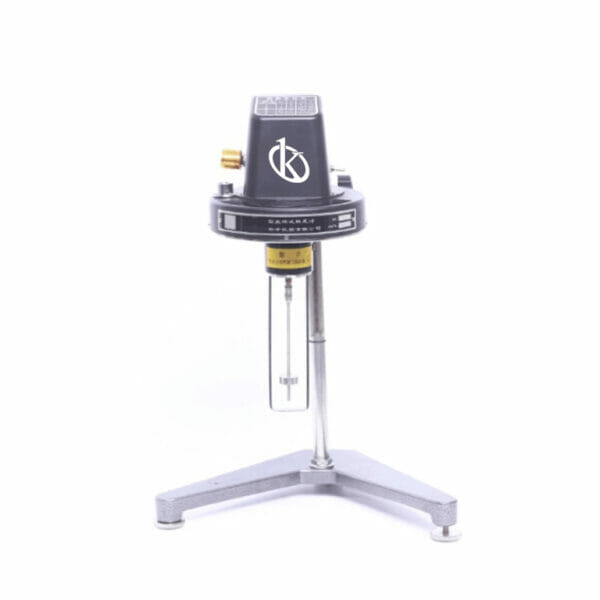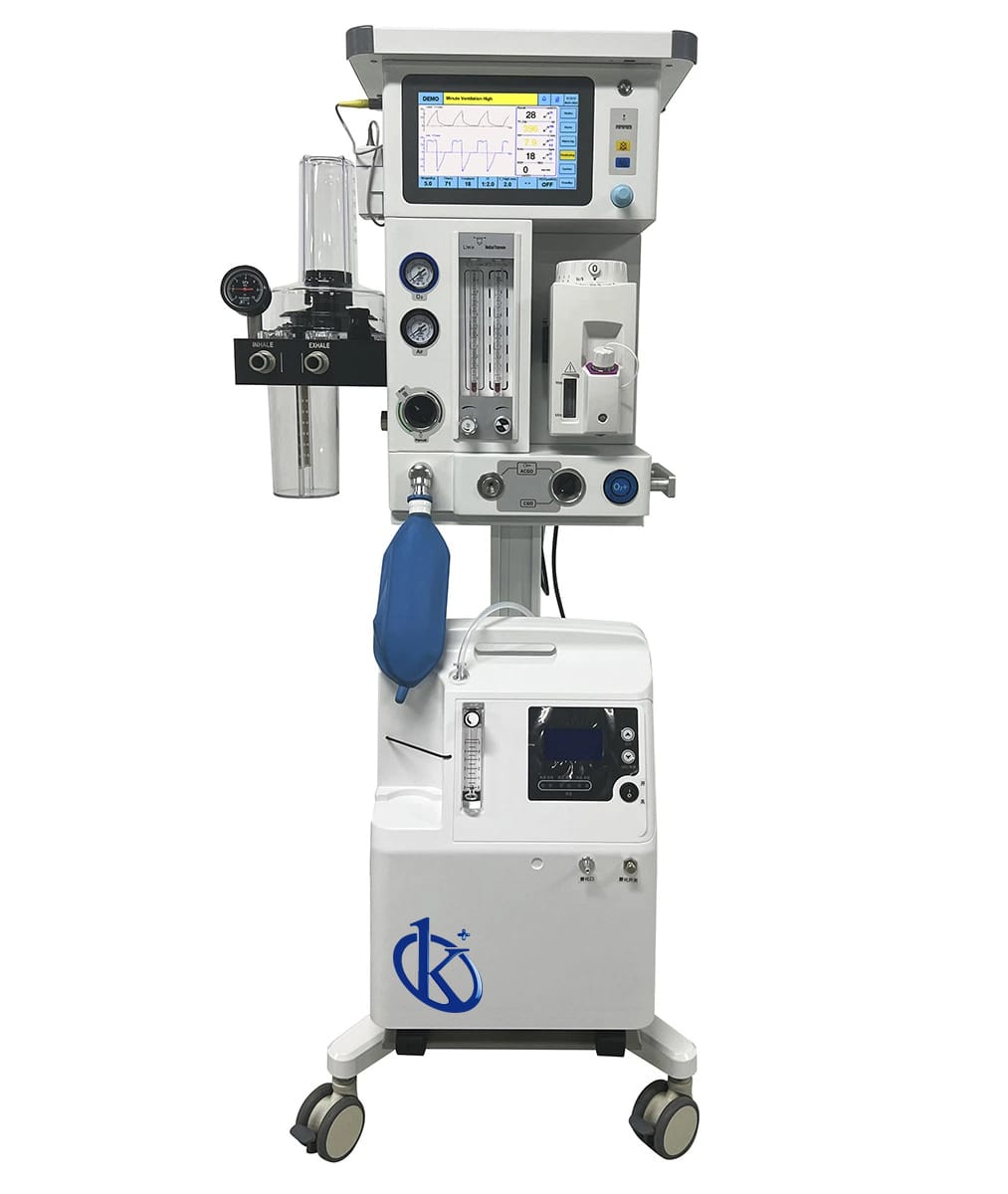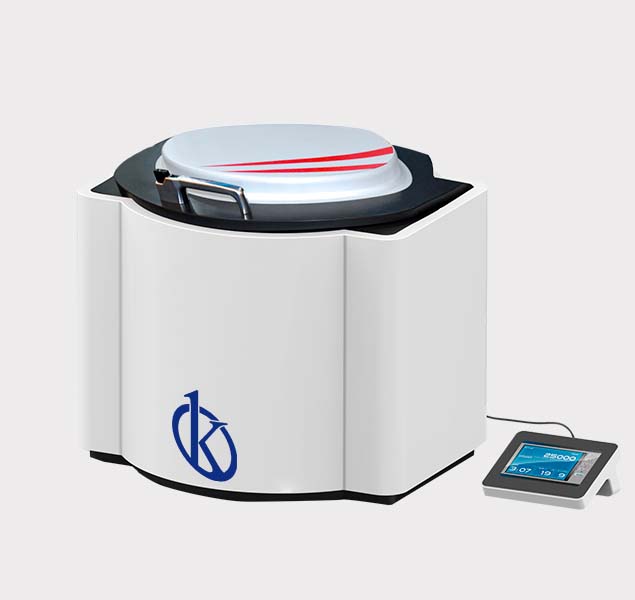Food manufacturing requires the monitoring of several factors to ensure the standards and quality of the final products. This has made the measurement and control of the physical characteristics of food indispensable for the total quality control required in modern food production. And, in today’s modern industry, where all processes are almost automated, it is pertinent to check the performance of machinery operation through certain measurements, such as viscosity measurements.
In view of the above, one of these factors to be controlled is the thickness of food liquids, which is controlled to ensure that the final product complies with the acceptable limits established by regulators. The measurement of these parameters can be done by using equipment such as viscometers, which allow the viscosity of liquids, including foods, to be measured.
Food laboratories invest in state-of-the-art equipment, and within the equipment, the viscometer is one of them. Although the price of this type of equipment will vary depending on its technical characteristics and the manufacturer, it is a necessary expense. For the purchase, it is necessary to take into account, among other things, the type of sample to be worked with and the range of discs.
What are viscometers used for in the food industry?
Viscometers are devices used to measure the degree of fluidity of a fluid. These devices are widely used in the food industry to measure the viscosity of food liquids. This viscosity refers to the resistance to flow of a liquid, which is measured in units such as poise, centipoise, etc. Viscometers are capable of measuring the viscosity of a food liquid as a function of a variety of factors, such as temperature, pressure and pH.
In addition, there is a wide variety of viscometers to suit different flow configurations and applications. Viscometers are used in the food industry to serve several purposes. First, these devices can be used to ensure that the product is properly mixed and emulsified during the production process. This helps to minimize problems that can arise if the resulting product is too thick or too thin.
On the other hand, viscometers can be used to ensure that products are properly tested during production to ensure that they meet established quality and safety parameters. This is also important to ensure that products comply with all regulatory and standard requirements. In relation to the above, the purchase of such instruments is necessary for an optimal production process.
The contribution of viscometers in the production of quality foodstuffs
Viscometers are also used in the food industry to help determine the degree of success of a food mixture prior to packaging formation. This helps to ensure an attractive appearance of the product. The devices can be used to determine uniformity, thickness and freezing time, which can influence food consistency.
Viscometers can also be set at different temperatures and pressures to determine liquid behavior. This is useful for products that require a specific viscosity for a specific behavior. In conclusion, viscometers play an important role in the food industry to help ensure that products meet acceptable quality standards.
These devices can be used to measure viscosity, to ensure proper mixing during production and to control quality and safety parameters. Finally, the devices can be adjusted at different temperatures and pressures to determine the behavior of the food product. Viscometers are therefore essential for food manufacturing.
Kalstein viscometers in the food industry
Kalstein viscometers have great applicability in the food industry. The Laboratory Viscometer Viscosity Analyzer YR05855 – YR05856 has excellent features, such as high robustness, easy handling and measuring accuracy of not more than 2%. All the technical details of our equipment and how to proceed for the purchase, you can review them in the links HERE and HERE.




